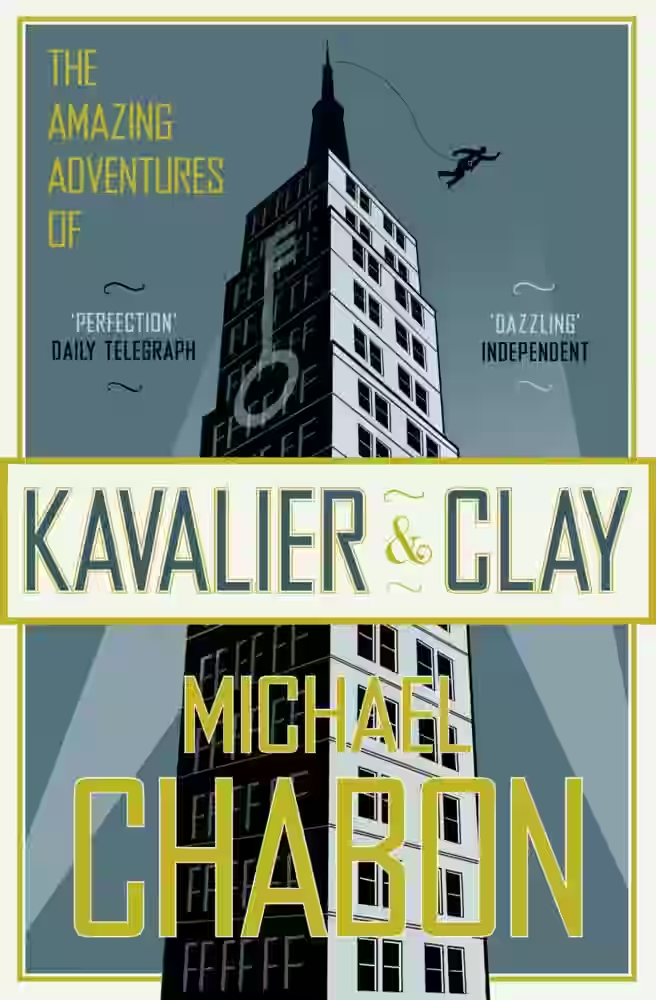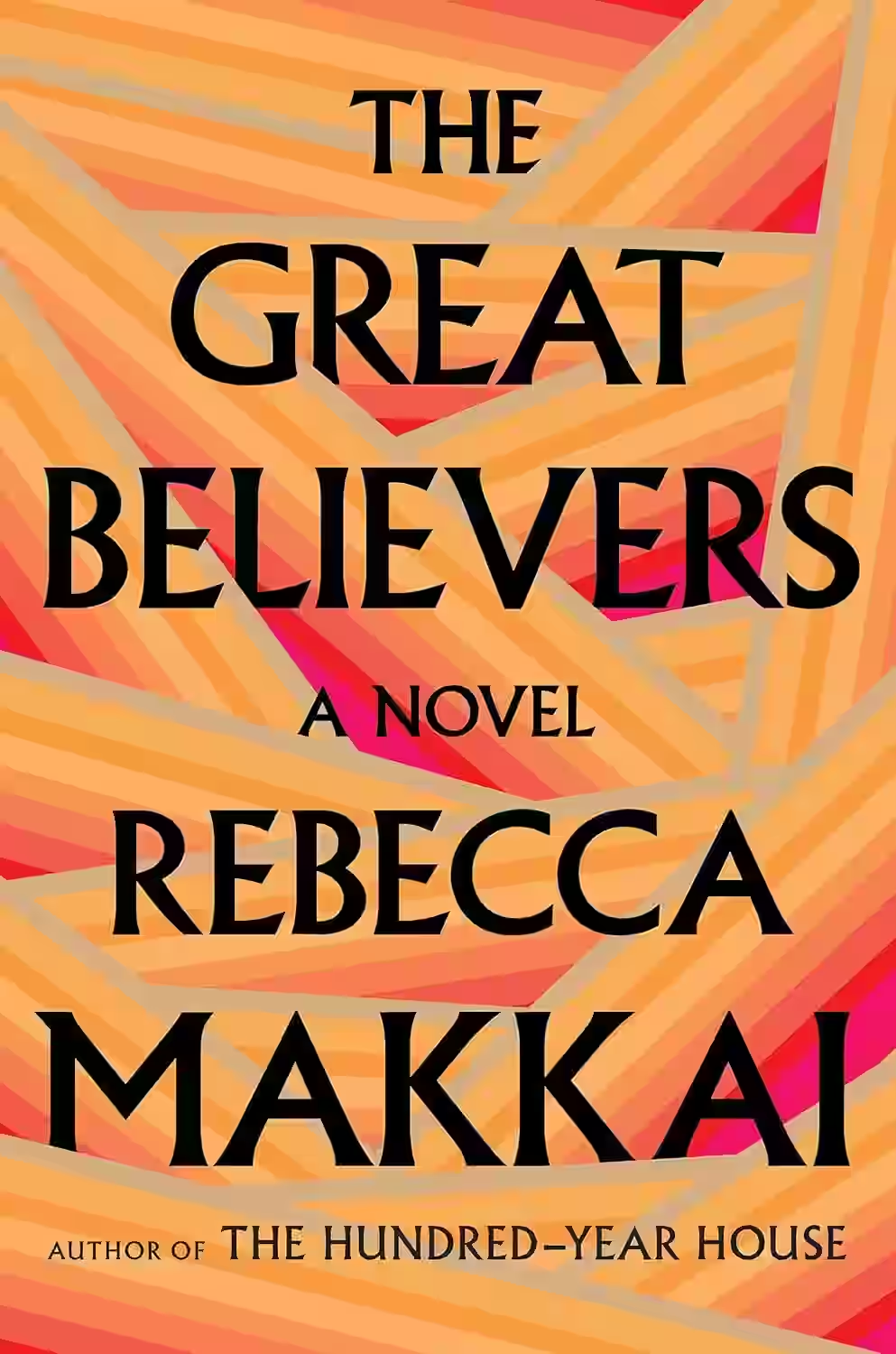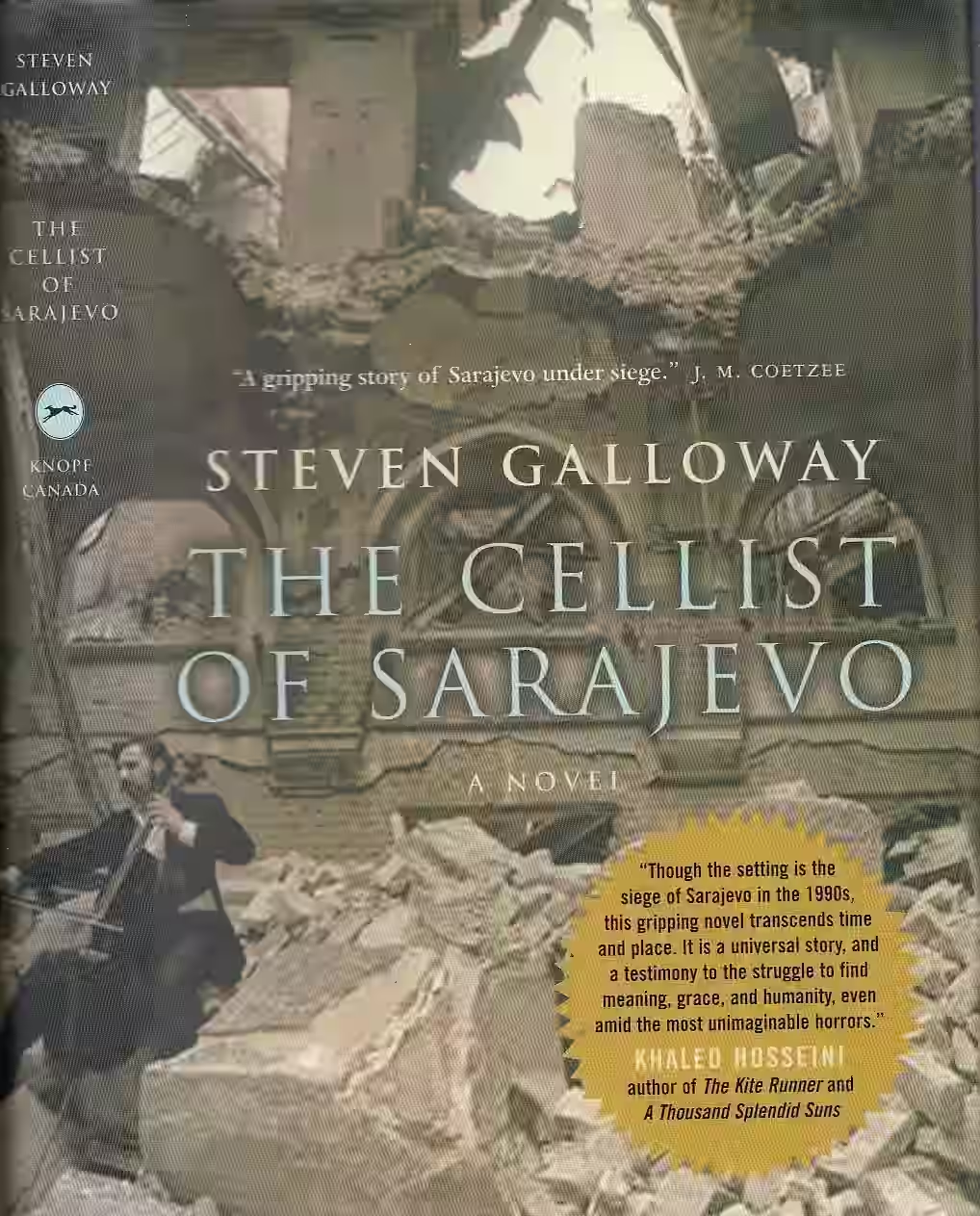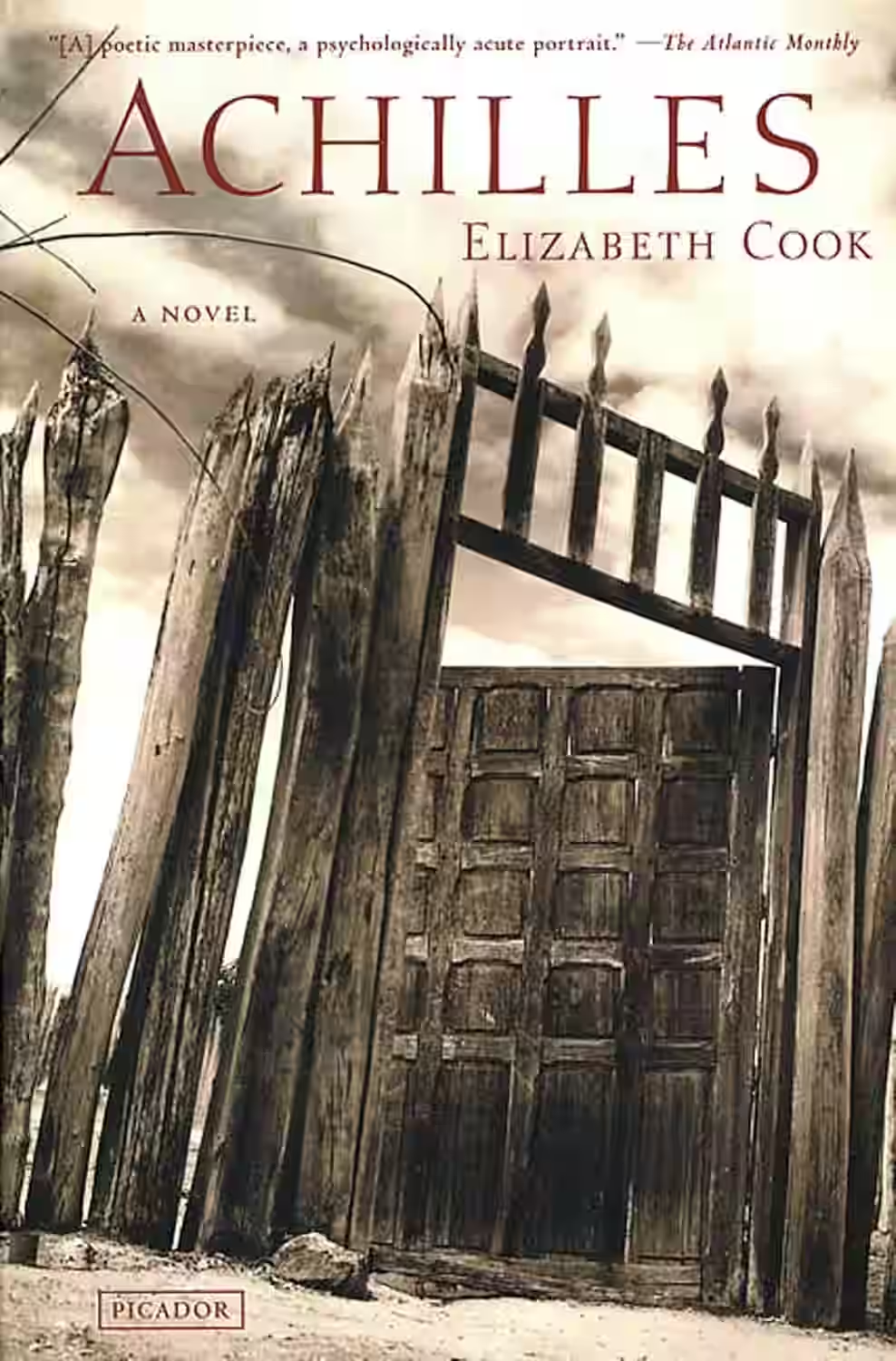
Michael Chabon's 'The Amazing Adventures of Kavalier & Clay' is a masterfully woven tale that plunges into the heart of the Golden Age of comic books, exploring both the exuberance and dark undercurrents of the era. Set against the tumultuous backdrop of World War II, it follows the journey of two Jewish cousins, Joe Kavalier and Sam Clay, who channel their dreams, fears, and ambitions into the creation of The Escapist, a larger-than-life comic book hero. Chabon brilliantly intertwines themes of escape, identity, artistry, and survival, crafting an epic narrative that is both historically rich and deeply personal. His prose is lush, conjuring vivid imaginations and intense emotions, while also reflecting on the transformative power of art and storytelling. The book's impact is profound, resonating with both fans of literature and comic book aficionados alike, making it a landmark contribution to contemporary fiction.
About Michael Chabon
Michael Chabon, born May 24, 1963, in Washington, D.C., is a celebrated American author known for his richly imaginative and genre-defying works. Raised in a family that encouraged literary pursuits, he published his first novel, 'The Mysteries of Pittsburgh' (1988), while completing his Master of Fine Arts degree at the University of California, Irvine. Chabon's flair for blending genres is evident in his Pulitzer Prize-winning novel, 'The Amazing Adventures of Kavalier & Clay' (2000), a profound exploration of storytelling and Jewish identity set against the backdrop of the Golden Age of comic books. His oeuvre spans themes of nostalgia, love, and loss, encompassing genres from historical fiction to science fiction. Chabon's influence on contemporary literature is profound, challenging traditional narrative structures and expanding the boundaries of genre fiction. Beyond novels, he has written essays, screenplays, and children's literature, marking him as a versatile figure whose contributions continue to inspire readers and writers alike.
Similar Books

The Great Believers
In 'The Great Believers' by Rebecca Makkai, the narrative seamlessly weaves between two timelines - the 1980s at the height of the AIDS epidemic in Chicago and 2015 in Paris. The story follows Yale, a gay man grappling with loss and love during the crisis, and Fiona, a woman searching for her daughter in the present timeline, connected by a shared tragedy. Makkai explores themes of friendship, resilience, and the devastating impact of the epidemic on the LGBTQ+ community with grace and sensitivity. The novel powerfully captures the emotions of grief, hope, and the enduring power of human connection.

The Cellist of Sarajevo
Set during the siege of Sarajevo in the early 1990s, 'The Cellist of Sarajevo' by Steven Galloway is a poignant exploration of life under siege. The novel interweaves the lives of three characters—Dragan, Kenan, and Arrow—each struggling to preserve their humanity amidst the chaos of war. Their stories orbit around the figure of a cellist, who plays Albinoni's Adagio in the streets to commemorate the lives lost to a mortar attack. Galloway deftly captures the resilience of the human spirit, the impact of art in times of despair, and the simple acts of courage that shine through the shadows of conflict. The book's haunting prose and meditative tone create an indelible reflection on the moral choices faced in brutal circumstances.

Clear
by Carys Davies
Set in 1843 during the Scottish Highland Clearances, Clear by Carys Davies tells the story of John Ferguson, a minister dispatched to evict Ivar, the last resident of a remote island. As their lives intertwine, the novel explores themes of isolation, resilience, and human connection against the backdrop of Scotland’s turbulent history. Davies' narrative is praised for its "exquisite, craggy detail" and deep reflection on themes of home and belonging, earning her the 2025 Ondaatje Prize.

Achilles: A Novel
Elizabeth Cook's 'Achilles: A Novel' reimagines the timeless legend of the Greek hero Achilles, blending myth with modern sensibilities to create a hauntingly beautiful narrative. Through lyrical prose, the novel delves deep into themes of love, destiny, and the inescapable pull of fate that surrounds the protagonist. Cook explores Achilles' complex relationships, particularly with Patroclus and Briseis, bringing emotional depth and nuance to these timeless characters. The story elegantly balances tragedy and introspection, providing a fresh perspective on his heroism and vulnerabilites. Cook’s ability to juxtapose the epic with the intimate makes this retelling both moving and thought-provoking.